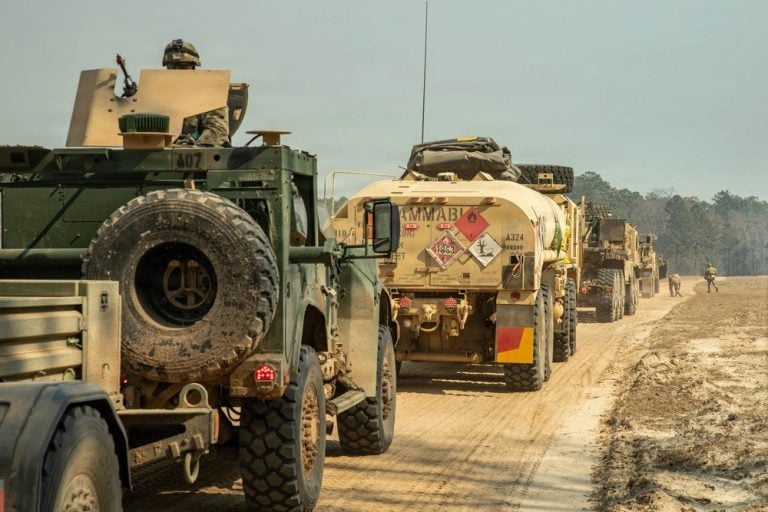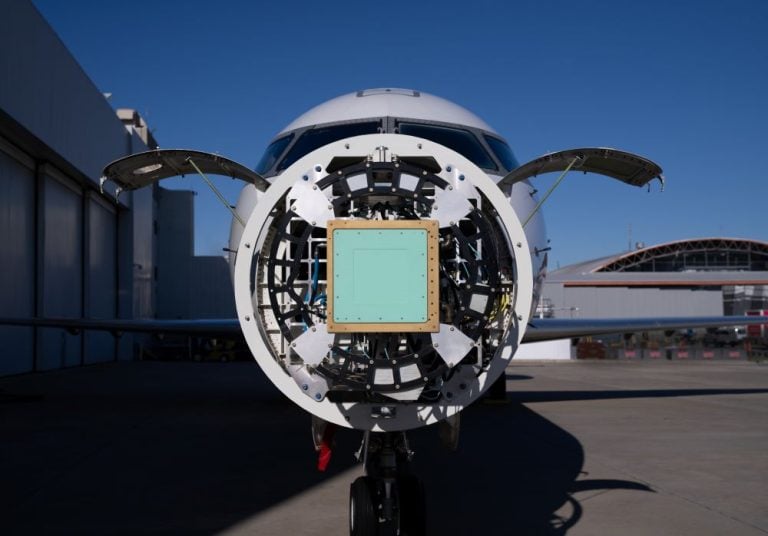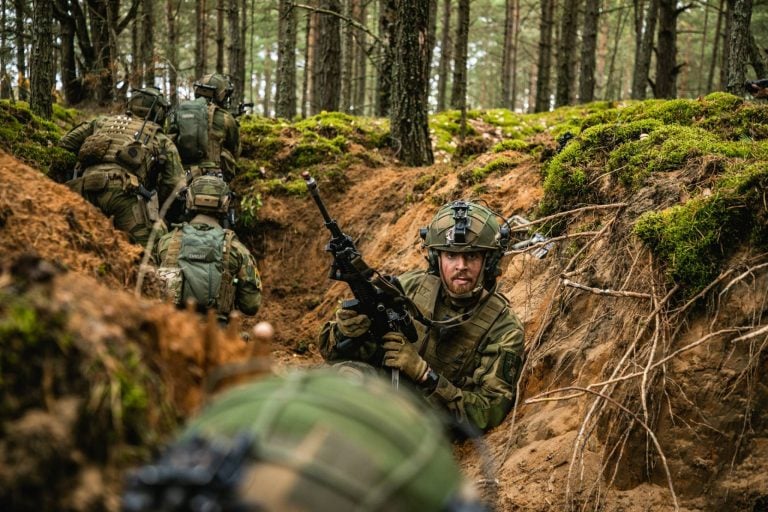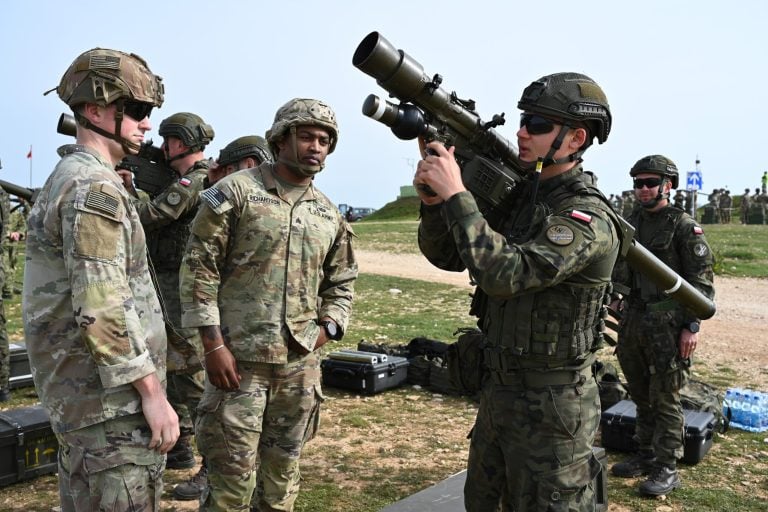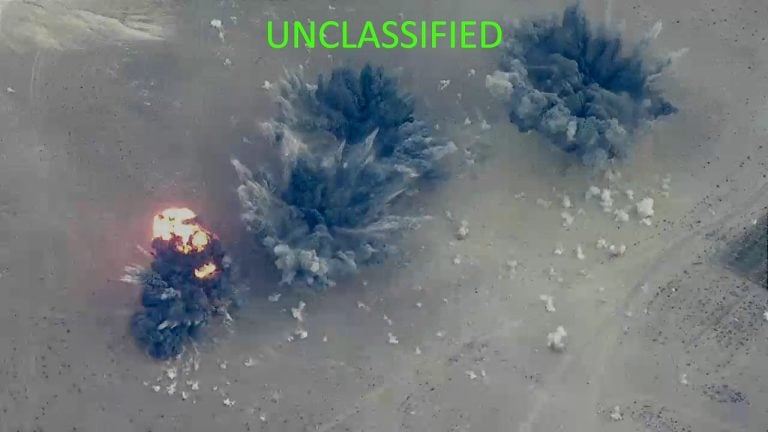In a significant diplomatic development, the Democratic Republic of Congo (DRC) and the Rwanda-backed M23 rebel group have established a ceasefire monitoring mechanism after signing an agreement in Doha. This agreement, facilitated by the State of Qatar, is intended to ensure adherence to a ceasefire that was previously agreed upon in July, aiming to put an end to the ongoing violence in the mineral-rich eastern regions of the DRC.
According to a statement from Qatar’s foreign ministry, the mechanism will be instrumental in overseeing the implementation of the ceasefire. It is designed to investigate and verify reported violations of the ceasefire agreement, and facilitate communication between the involved parties to prevent any resurgence of hostilities.
The monitoring mechanism will include an equal number of representatives from both the Congolese government and the M23 group. These representatives will convene at the request of either party when there are allegations of ceasefire violations. Observers from Qatar, the United States, and the African Union will also participate in this mechanism, lending international oversight to the process.
Qatar has characterized this movement as a “pivotal step” toward fostering confidence and advancing discussions toward a comprehensive peace agreement. M23 spokesman Lawrence Kanyuka expressed optimism, labeling the agreement as a “significant advancement” in the peace process.
The July ceasefire agreement was influenced by an earlier peace pact between the DRC and Rwandan governments, which was signed in Washington. However, the M23 group had pursued a separate ceasefire directly with the DRC, as they believed the prior DRC-Rwanda agreement did not address all relevant issues.
While Rwanda has consistently denied providing military support to the M23, United Nations experts have reported that Rwandan forces played a critical role in the group’s military operations, particularly during their offensives. This ongoing conflict has led to significant humanitarian and security challenges in the region, emphasizing the urgency of a lasting resolution.

